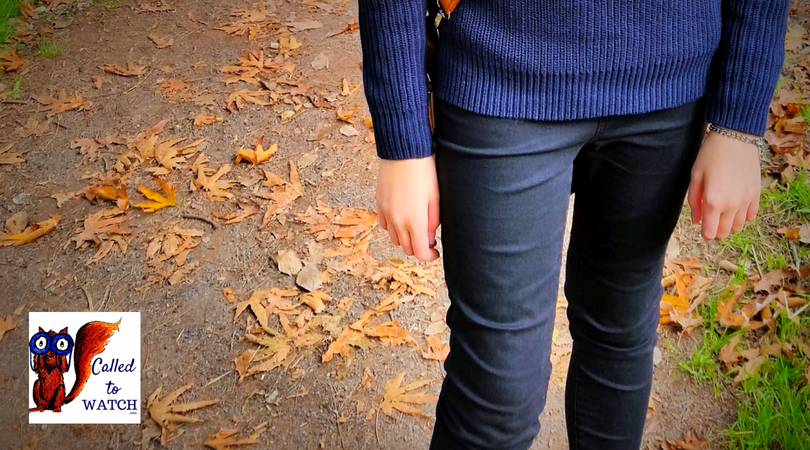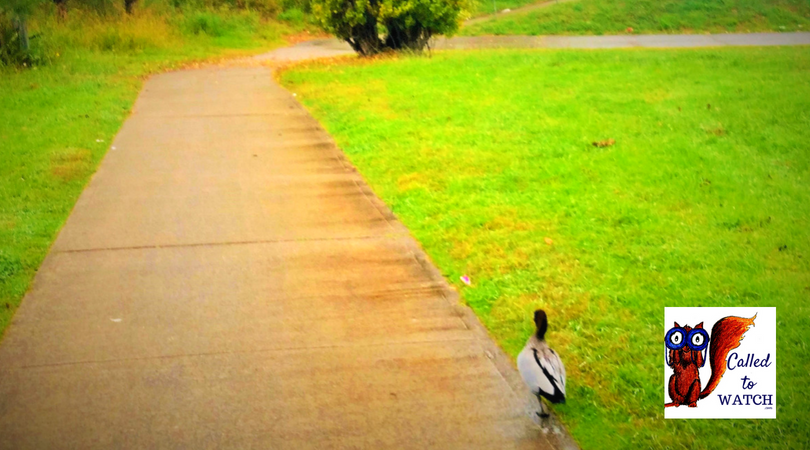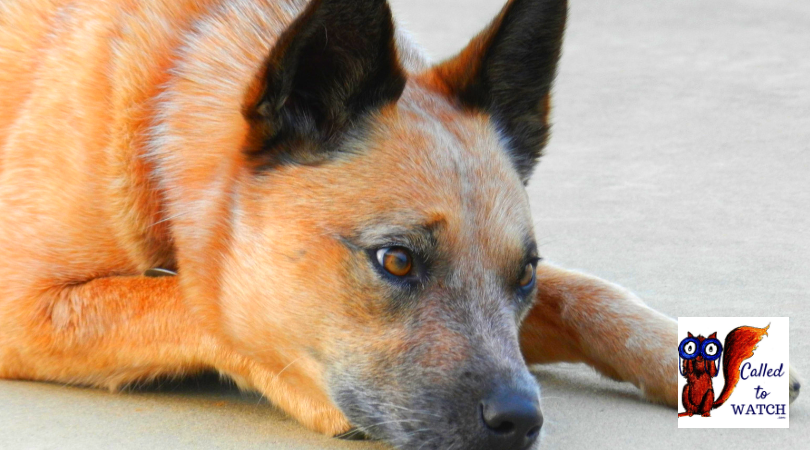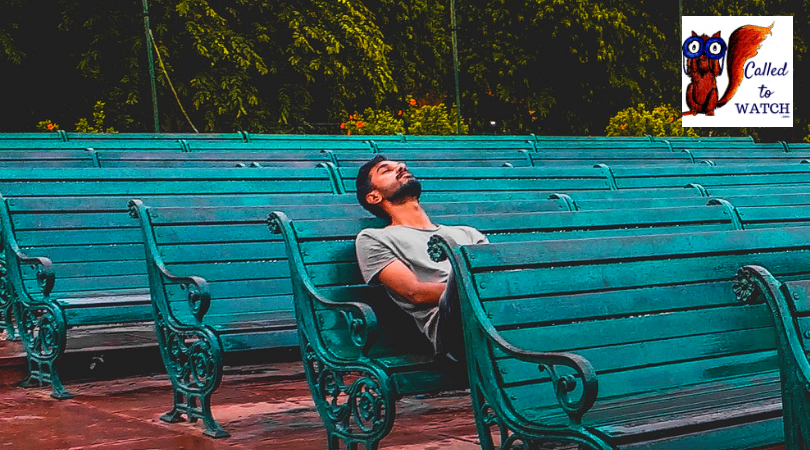Being sad can mean I get headaches from crying, or find it difficult to concentrate during lectures, sermons or long conversations.
And yet, the truth is, when tragedy strikes our loved ones, it can actually be helpful to be sad.
Here’s why.
3 reasons it’s good to be sad:
1. Sadness is reality
Let us not lose sight of the fact that when someone we love is suffering we ought to be sad.
It’s not merely ‘okay’ or ‘acceptable’ – but it is good.
If your heart does not break at the new distress of someone you love, something is not right.
Feeling sad means you’re human.
It means you have a living, breathing, sympathetic heart, and that is good. We were not created to be stone statues, but living people created in the likeness of a God who weeps as well as laughs.
Sadness is the right response to tragic reality. It means you see the world as it is. Life is not all happy games and hopes fulfilled. It is just as equally a dark valley and night time tears.
To see and feel sorrow when it is present is good.
Sadness is the right response to tragedy. It is part of being human – tweet!
Continue reading “3 reasons it is good to be sad after a chronic illness diagnosis”







